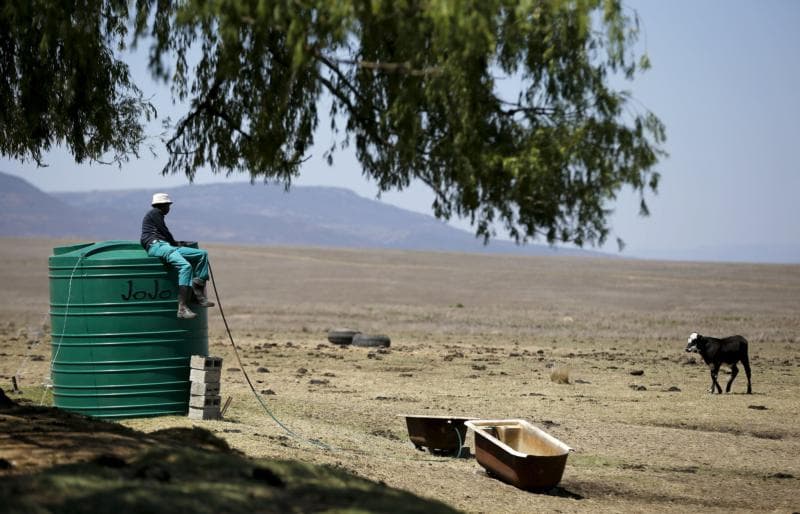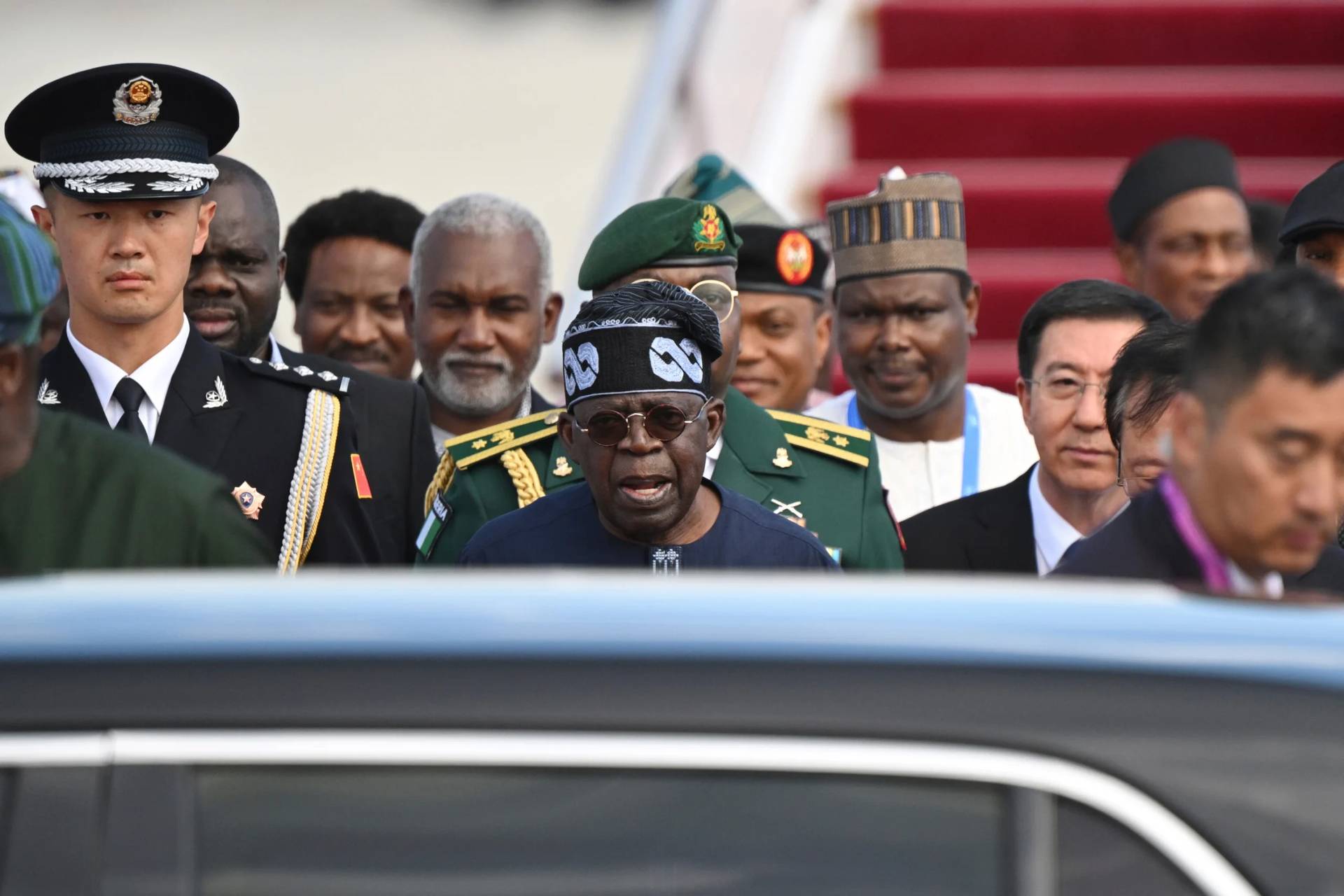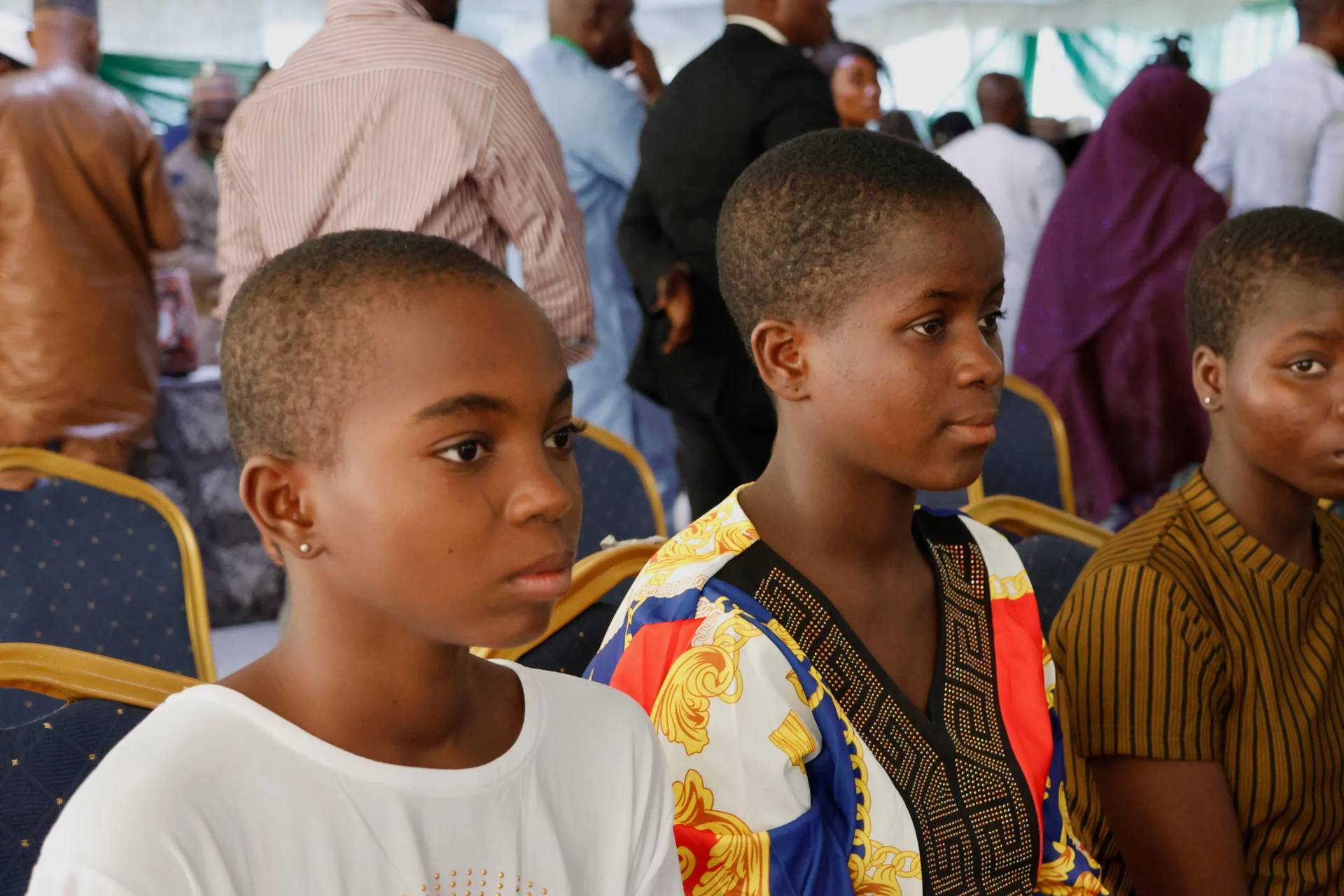YAOUNDÉ, Cameroon – Bishops in South Africa say they are “happy” with the results of a jobs summit called by President Cyril Ramaphosa earlier this month.
Despite the growth of 206,000 new jobs during the second quarter of 2018, the unemployment rate in the country – which has Africa’s most developed economy – was 27.2 percent, with the youth unemployment rate still at an incredible 52.4 percent.
The government says it wants to create 11 million new jobs in the country by 2030.
The jobs summit was held Oct. 4-5 and brought together government, business, labor and community organizations to advance job creation.
Bishop Abel Gabuza, the president of the Southern African Catholic Bishops’ Conference Justice and Peace Commission, said the bishops were happy with the resolutions of the meeting, but added it could have achieved more if it was truly inclusive.
“We believe that the summit could have achieved far-reaching results if the civil society, academic institutions, faith leaders, unemployed youth and women had a space at the table,” the bishop told Crux.
Gabuza said unemployment in South Africa “wears gendered faces and young faces. We therefore expect more women and more unemployed youth to be well represented in any platform designed to address unemployment crisis. We cannot talk about them without them.”
The jobs summit came in the wake of an economic stimulus package passed by Ramaphosa designed to revive and boost the economy.
The plan seeks to enhance economic reform, reprioritize public spending, support job creation, establish an infrastructure fund and address urgent and pressing matters in education and health.
The president said he was confident the recovery package “will play a decisive role in reversing the recent contraction of the South African economy.”
Gabuza praised the stimulus plan, saying he was happy with the president’s “leadership regarding the economic Stimulus and Recovery Plan, together with his commendable decision to establish an Infrastructure Fund.”
Last year, the bishops expressed worries at the high unemployment and had called for a jobs summit to deal with the problem.
They said the situation demands “a decisive and strategic action to reverse the escalation in the job crisis.”
At the time, Gabuza told Crux that the high unemployment rate was also driving insecurity.
“This situation adds to the high levels of crime because people are desperate. Some potential employers take advantage of this situation and exploit it for their benefit. It is easy to employ people who are desperate and offer them very low wages because they are desperate,” he said.
And it is a situation driven by unskilled labor.
“The jobs for this category of people are not in huge demand. It is easy to replace an unskilled worker,” the bishop said. “We have a culture of people in this country going out to search for jobs and not creating jobs for themselves. There is so much unlearning that needs to take place in the mindset of many people.”
It is a concern that is already being addressed by the Catholic Institute of Education’s (CIE) Thabiso Skills Institute, an organization that teaches young people the skills needed to fit into the job market.
“Our youth unemployment crisis is not a job crisis – jobs exist. It is a skills and access crisis. But if the government can honestly, and with integrity, collaborate with and enlist the help of interested industry partners it is definitely something that can be overcome,” said Janine Scott-dos Santos, an HR professional who works with the institute.
“The role of the CIE Thabiso Skills Institute is to create an enabling and conducive environment that assists the skills development centers to function as centers of excellence in skills development, employment creation and poverty alleviation.”
Gabuza said he hopes the discussions of the summit will open the way for continued discussions with all stakeholders on the required adjustments to fit the preexisting economic condition in the country.
Ramaphosa said he was certain the jobs summit would put the economy “on a far firmer footing” and help it gain the confidence of investors in the country.
“As South Africans, we have confronted challenges far greater than this before. By working together, we managed to end a seemingly intractable conflict and set our country on the path to a peaceful transition to democracy. Now, we have it within us to come together once more and forge a new path of growth, jobs and transformation,” said the president.

















